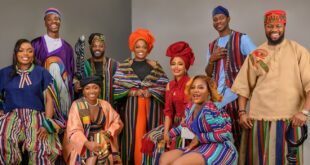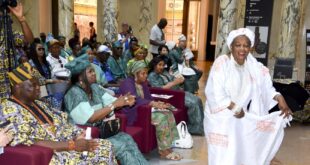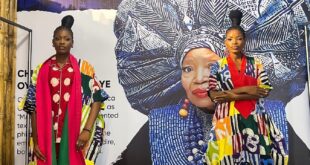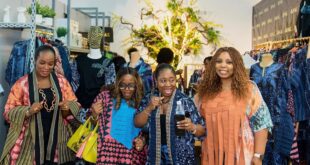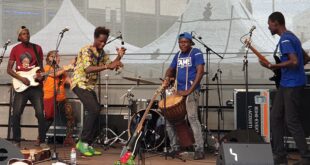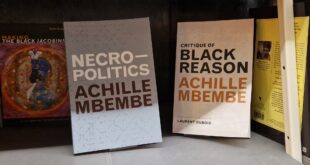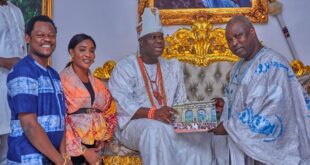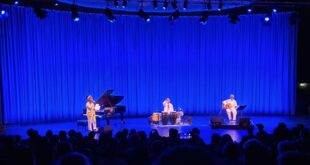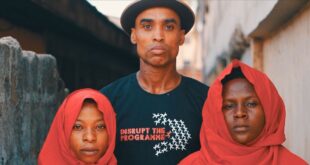Clothes are important to us humans in our daily activities as they do far more than covering our nakedness. Clothing and dress as a social activity and obligation show our sex, profession, social status/class, and are symbols of communication, have aesthetic value, indicates one’s nobility, shows one’s ethnic or other identities, protect from the environment etc.
We give impressions and information about ourselves through our dress. The clothes we wear, or how we dress also
commands or earn respect.
For African immigrants, traditional or cultural clothing and items of dress have additional significance. For this reason, some make great efforts to carry bunches of these clothing to their places of abode whenever there is the opportunity, when returning from a visit or someone brings along when coming from home.
Others also buy from here. For some others, keeping these items, even if not wearing or using, mean so much to them.
For some African immigrants, dressing in traditional or cultural clothing is a way of expressing both individual and collective identities, are habits that have been developed over long periods of time before migrating and so cannot easily be changed. These clothing and items of dress also serve as sources of confidence and inner strength for daily activities for others. Others use them as points of nostalgia, to remind them of their times before migrating.
African traditional clothes are not only colourful, but are also imbued with names, meanings, symbols (including adinkra symbols), patterns and designs on the clothes, and the colours of the cloth which all have meanings. Names and colours of the clothes, including wax prints, are used to express moods, feelings, emotions, and life experiences of wearers, and these are communicated to wider society though their use.
Names and meaning of particular designs of clothes may be interpreted based on one’s personal circumstances. African clothes are also repositories of ideas, memories, traditions, and histories. They are normally used appropriately,
which is determined by the occasion that requires it, and knowing what to wear and when to wear is very important.
Particular occasions or ceremonies demand specific clothing or dress types and colours for these occasions. Though traditional or cultural clothing are mostly worn by African immigrants to occasions, festivals, church, and other religious ceremonies, some still wear regularly for daily activities. Some find avenues to wear and really dress to feel good during occasions. In Germany, African traditional clothing can be purchased from African Shops, tailors, some individuals who sell, African Fabric Shops, African Festivals etc.
For some Africans, traditional clothes are more that just clothes, they mean much more, and behind their usage or keeping are life stories. Is this the same with you, or you have different opinions about African traditional clothes?
Paul Agoe
READ ALSO Adire Carnival showcases Nigerian culture in Vienna, Austria
 THE AFRICAN COURIER. Reporting Africa and its Diaspora! The African Courier is an international magazine published in Germany to report on Africa and the Diaspora African experience. The first issue of the bimonthly magazine appeared on the newsstands on 15 February 1998. The African Courier is a communication forum for European-African political, economic and cultural exchanges, and a voice for Africa in Europe.
THE AFRICAN COURIER. Reporting Africa and its Diaspora! The African Courier is an international magazine published in Germany to report on Africa and the Diaspora African experience. The first issue of the bimonthly magazine appeared on the newsstands on 15 February 1998. The African Courier is a communication forum for European-African political, economic and cultural exchanges, and a voice for Africa in Europe.



